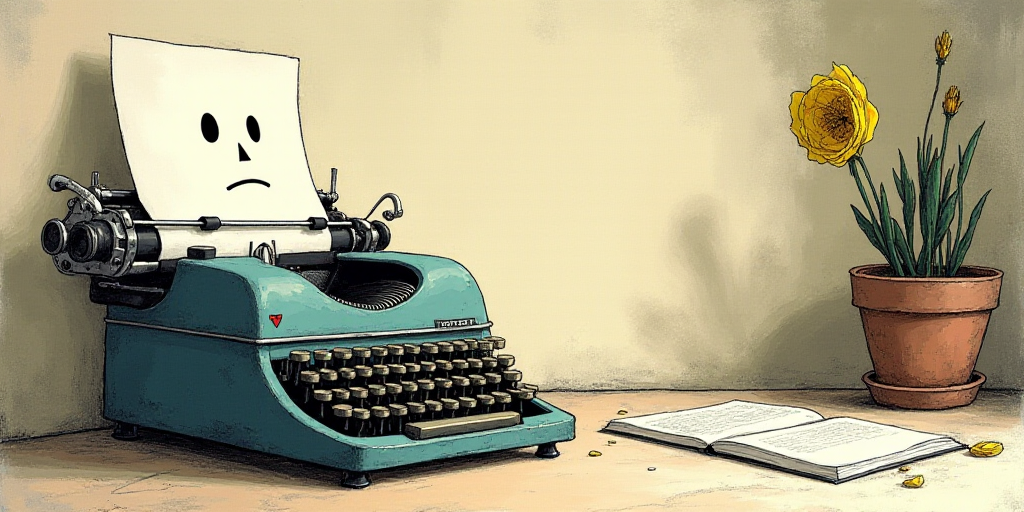Introduction
In a disturbing turn of events, a 31-year-old man, husband, and father was fatally shot on a university campus in Utah for expressing his ideas. This tragic incident is not merely a symptom but a reflection of a deeper cultural malady: the normalization of violence as an acceptable means to silence differing viewpoints.
The Alarming Trend in the United States
In the United States, the warning signs are clear and concerning. One in three students believes it’s acceptable to use violence to prevent speeches on campus. At Yale and Stanford, future lawyers—those who should champion the law and freedom—interrupt judges and academics with impunity. At Columbia, radicals expel students from their own library as if they were enemies of the people. The message is unmistakable: universities, once bastions of debate, have devolved into factories of intolerance.
John Stuart Mill warned that every voice deserves to be heard, as it may hold the truth that the majority overlooks. Tocqueville explained that a democracy’s strength lies in the plurality of voices. Hayek reminded us that without freedom of thought and expression, no other liberty is possible. Yet, these warnings are disregarded with arrogance today.
The battle at hand is not merely legal but cultural. No one shoots believing they are wrong; they do so convinced their cause is just. The true threat lies in a generation taught that censoring, canceling, or destroying one’s adversary is an act of justice. When such a mindset takes root, no law can shield a society from its own decline.
The Mexican Reflection
To believe this is an exclusively American phenomenon would be naive. In Mexico, freedom of expression also faces threats, albeit through different methods. A legislator attempting to censor citizens under the guise of gender ideology embodies the same disregard for freedom seen on American campuses.
Morning conferences have become manipulation machinery. While the president dictates her narrative, armies of bots wreak havoc on social media, attacking anyone daring to dissent. Remember the student who challenged Noroña? Instead of sparking a debate, she was digitally lynched. The message is stark: questioning power comes at a price.
The logic is the same in both countries: dehumanize the adversary, silence them, and present censorship as a virtue. The difference is that in Mexico, political violence and journalist assassinations are part of the landscape. The combined result is devastating: dissenting is normalized as an activity that not only tarnishes one’s reputation but could cost their life.
An Urgent Warning
Hard data confirms this. Serious academic studies show that while support for political violence in the US is minority—barely 2-4% consistently justify it—this radical minority finds legitimacy in irresponsible leaders and a culture increasingly tolerant of hate as a political weapon. The Economist reports that up to 30% of young liberals have come to justify violence; after January 6, more than a third of Republicans accepted that “true patriots” should resort to force to save the country. In parallel, ARTICLE 19 documented over 500 attacks against journalists in Mexico alone in 2023. The conclusion is clear: dissenting has become a high-risk activity.
In response, there can be no lukewarm approach. A democracy that does not tolerate criticism ceases to be a democracy. Defending free speech is not an academic luxury or a concession from power; it’s the condition of any free society.
The Dilemma of Our Time
History offers lessons that Mexico would do well to heed. South Africa chose to confront the trauma of apartheid with a Truth and Reconciliation Commission that bet on words over revenge. Germany turned vigorous debate culture, or “Streitkultur,” into an antidote against the intolerance that once led it to Nazism. In Asia, Gandhi’s tradition demonstrated that nonviolence is a superior form of resistance against arbitrary power. These examples prove that no nation is doomed to decline if it decides to reaffirm three principles: unwaveringly defend free speech, create spaces for pluralistic dialogue, and reject the normalization of political violence. Mexico needs this same clarity: either it clings to free speech as the last bulwark against barbarity or it will be trapped in the spiral of fear and censorship that is already consuming its institutions.
Key Questions and Answers
- What is the main issue discussed? The rising tide of violence against free speech, both in the US and Mexico.
- Why is this a concern? It reflects a deeper cultural malady where violence is seen as an acceptable means to silence differing viewpoints.
- What are the methods used to suppress free speech in both countries? In the US, it includes using violence to prevent speeches on campus and disrupting academic events. In Mexico, it involves censorship attempts by legislators and online harassment of dissenters.
- What are the potential consequences of this trend? Dissenting becomes a high-risk activity, and societies risk declining when they fail to protect free speech.
- What lessons can be learned from other countries? Nations like South Africa and Germany have shown that prioritizing dialogue, reaffirming free speech, and rejecting political violence can prevent societal decline.






